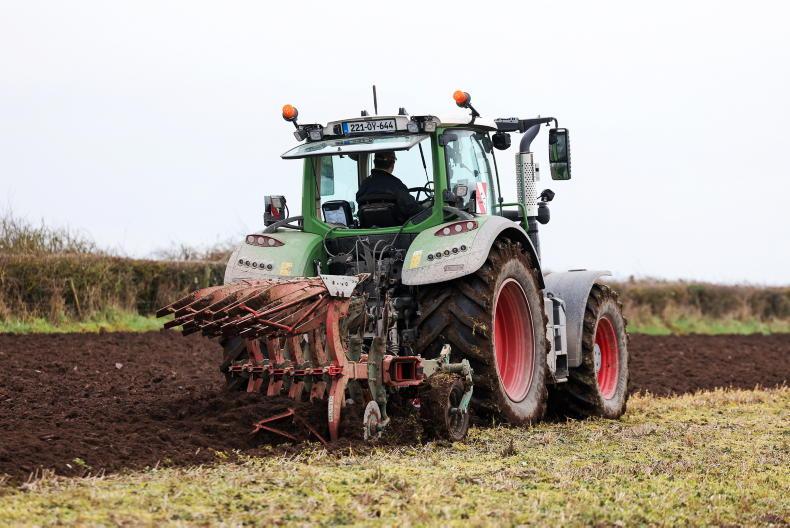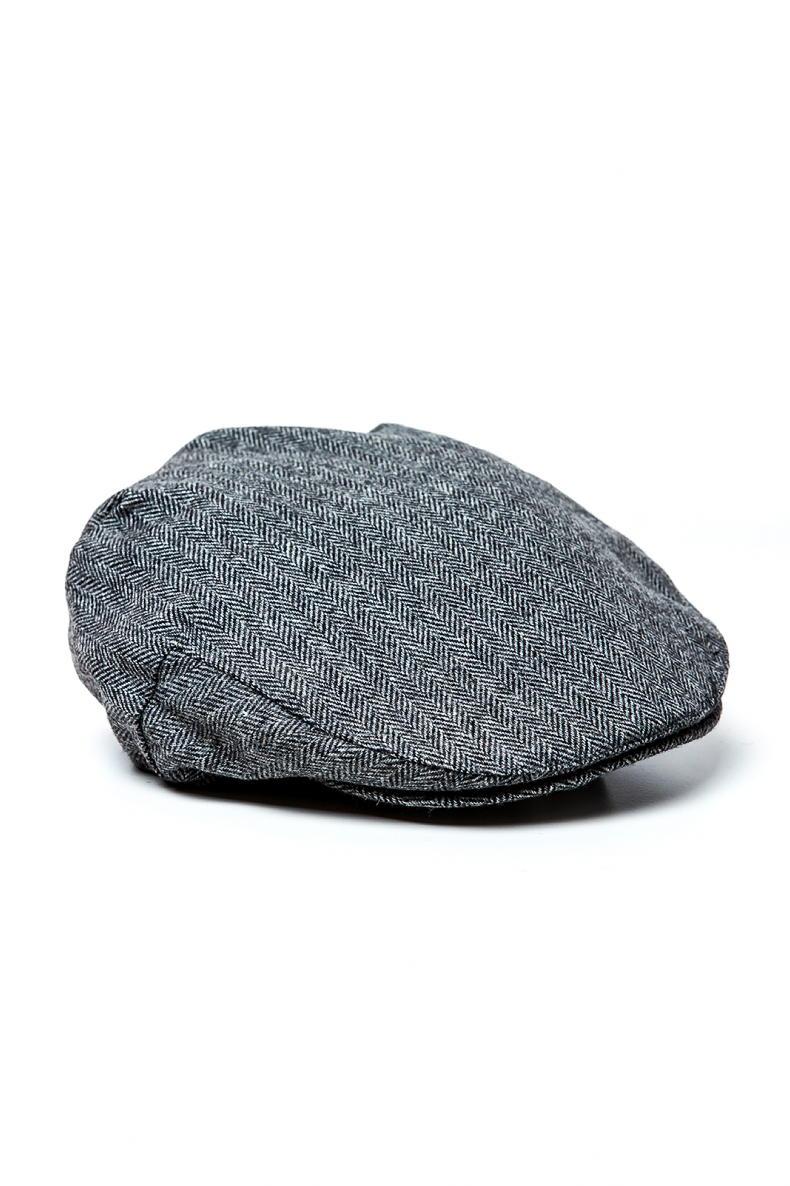DEAR SIR: The Lancet article that shows in a bad light the consumption of meat foods, eggs and potatoes can, unless there is qualified rebuttal, have a disastrous effect on agriculture as we know it.
I do not feel qualified to deal competently with health aspects that might arise from consumption of the products referred to, but I am in an authoritative position to deal with certain environmental aspects relating to the production of the sources of the preferred diets and of other crops grown in soil.
It is fashionable to condemn ruminants for their production of methane, a potent greenhouse gas (GHG), but no account is taken of the potential we now have to greatly lower their GHG emissions.
There is, however, a far more serious environmental matter that is not being considered.
The most fertile soils of the world are under long-term cultivation and that is leading to the depletion of soil organic matter (SOM). From studies compiled by Rattan Lal of the Ohio State University, President of the International Union of the Soil Sciences (IUSS), it is estimated that 50-100 years from now the SOM in such soils will be depleted, the soils degraded and productivity lost.
The crops that provide the major food sources suggested in The Lancet initiative have deleterious effects where SOM is concerned when long-term cultivation is practised.
That would mean that 50 years or so from now it will be difficult to feed, from the diets suggested, the predicted population of upwards of 10bn.
The crops for most of the foods recommended will contribute little to the SOM contents and lead to more rapid degradation of the indigenous SOM.
Adherence to The Lancet recommendations would have disastrous consequences for Irish agriculture as we know it.
But it should be remembered that, despite what detractors say, Ireland has one of the most environmentally benign agricultural systems in the world because greater than 90% of our soils are under long-term pasture, peat and forestry and, because of that we have per head of population more sequestered C in our soils than any (with the possible exception, of Finland) other country in the EU. But we are not getting credit for that.
STRIVE 58, in the STRIVE 2007-2013 EPA reports, shows the extents to which our SOM would be degraded in a generation should long-term cultivation practices be applied for cereal production in our soils.
We have dispersed throughout this country the research skills that can bring about the lowering of methane emissions from ruminants, the elimination of nitrous oxide emissions from soils and of ammonia from slurry pits, the prevention of eutrophication from fertiliser runoff, and the amelioration of other environmentally deleterious consequences that are being attributed to agriculture.
It will be very appropriate to convene the persons with the necessary skills and initiate a centrally based research effort funded by the State and best co-ordinated by SFI. Ireland, should that happen, could soon be confirmed as the world leader in environmentally benign agricultural production.
Read more
Letter: critique of article in The Lancet is needed
Katherine's Country: them bones, them bones need calcium
DEAR SIR: The Lancet article that shows in a bad light the consumption of meat foods, eggs and potatoes can, unless there is qualified rebuttal, have a disastrous effect on agriculture as we know it.
I do not feel qualified to deal competently with health aspects that might arise from consumption of the products referred to, but I am in an authoritative position to deal with certain environmental aspects relating to the production of the sources of the preferred diets and of other crops grown in soil.
It is fashionable to condemn ruminants for their production of methane, a potent greenhouse gas (GHG), but no account is taken of the potential we now have to greatly lower their GHG emissions.
There is, however, a far more serious environmental matter that is not being considered.
The most fertile soils of the world are under long-term cultivation and that is leading to the depletion of soil organic matter (SOM). From studies compiled by Rattan Lal of the Ohio State University, President of the International Union of the Soil Sciences (IUSS), it is estimated that 50-100 years from now the SOM in such soils will be depleted, the soils degraded and productivity lost.
The crops that provide the major food sources suggested in The Lancet initiative have deleterious effects where SOM is concerned when long-term cultivation is practised.
That would mean that 50 years or so from now it will be difficult to feed, from the diets suggested, the predicted population of upwards of 10bn.
The crops for most of the foods recommended will contribute little to the SOM contents and lead to more rapid degradation of the indigenous SOM.
Adherence to The Lancet recommendations would have disastrous consequences for Irish agriculture as we know it.
But it should be remembered that, despite what detractors say, Ireland has one of the most environmentally benign agricultural systems in the world because greater than 90% of our soils are under long-term pasture, peat and forestry and, because of that we have per head of population more sequestered C in our soils than any (with the possible exception, of Finland) other country in the EU. But we are not getting credit for that.
STRIVE 58, in the STRIVE 2007-2013 EPA reports, shows the extents to which our SOM would be degraded in a generation should long-term cultivation practices be applied for cereal production in our soils.
We have dispersed throughout this country the research skills that can bring about the lowering of methane emissions from ruminants, the elimination of nitrous oxide emissions from soils and of ammonia from slurry pits, the prevention of eutrophication from fertiliser runoff, and the amelioration of other environmentally deleterious consequences that are being attributed to agriculture.
It will be very appropriate to convene the persons with the necessary skills and initiate a centrally based research effort funded by the State and best co-ordinated by SFI. Ireland, should that happen, could soon be confirmed as the world leader in environmentally benign agricultural production.
Read more
Letter: critique of article in The Lancet is needed
Katherine's Country: them bones, them bones need calcium










SHARING OPTIONS